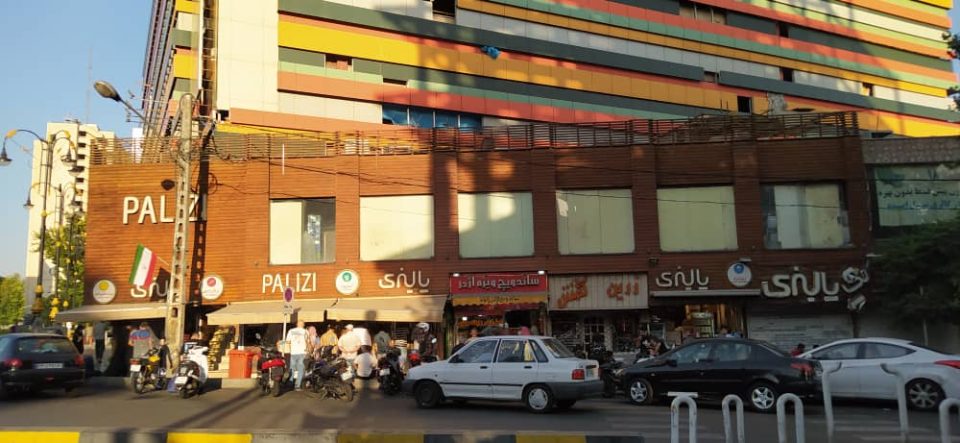
By Alireza Bahrami,
Correspondent for AsiaN
TEHRAN: Today I walked for four hours in the streets of Tehran. I chose my route to pass in front of the large army barracks near our house. Israel attacked these barracks in the first days of the invasion of Iran. The presence of police officers and guards was evident around the barracks.
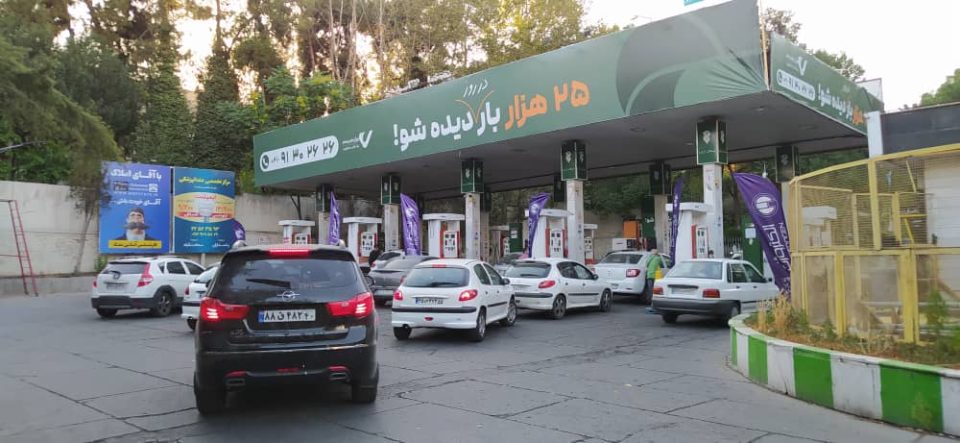
Shortly after, about 500 meters away from home, on a side street, the presence of several secret police officers caught my attention. I looked into the side street. A 4-storey building had collapsed in the Israeli attack. I was still stunned to see the same scene repeated on the next side street. On this street, one of the guards had an automatic weapon hanging from his neck. Now I realized where the third series of explosions that terrified my family a few days ago were.

War has shown its terrifying face to my city, to my home and my family. I was thinking about this when I reached the large park near my house.

I saw first a young girl sitting on a park bench, listening to a podcast and drawing. On the bench next to her, a cat was lying down. A little further up, two old men trying to hang two pieces of cloth caught my attention. I sat down on a bench to see what they were going to do. When it was ready, they started playing pin-prick.
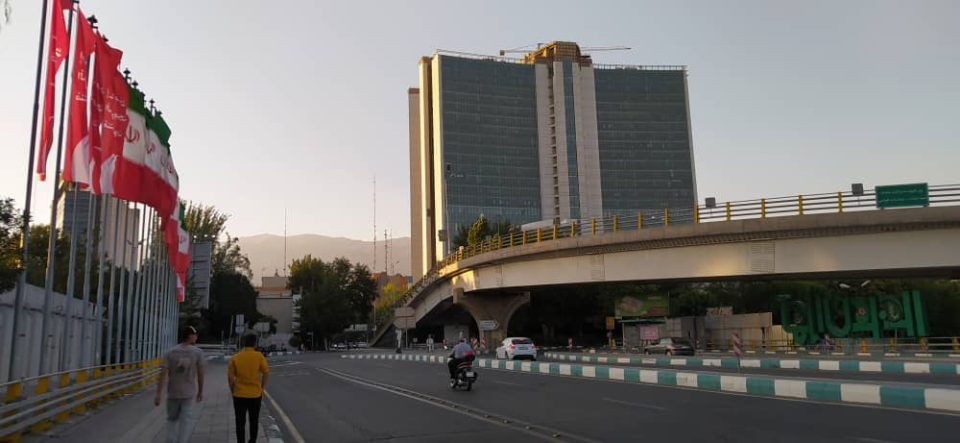
The streets of Tehran do not feel like you are in the middle of an apocalyptic movie, nor do they resemble the Tehran that was always bustling and noisy.
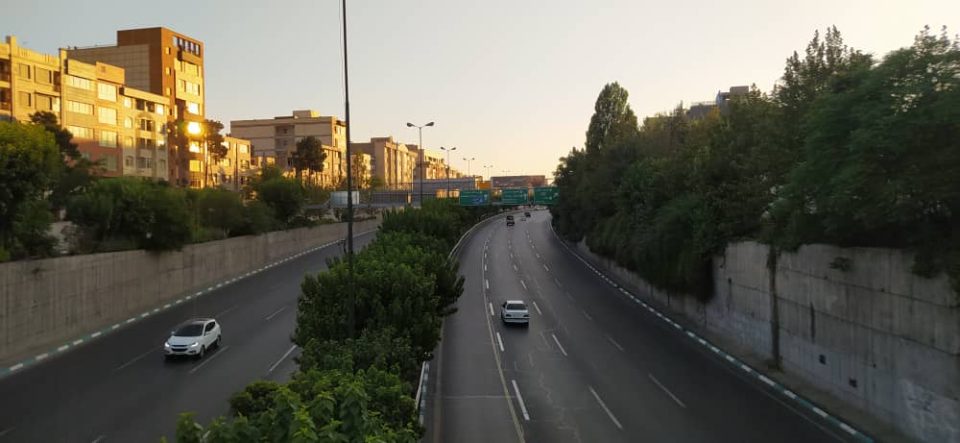
But the remarkable thing is that life in the city still goes on. Many people have left Tehran. Many others have stayed home. But some people in Tehran do not seem to have taken the shadow of war seriously at all. At a stall on the side of the street, I saw two women standing while a florist prepared their bouquets. A man had opened his paint shop, waiting for a customer. A woman was carefully cleaning the windows of her house.

Tehran spent the seventh day of the war relatively calmly. Perhaps because of Iran’s attack on Israel on Thursday morning. The news reported that Iran had used highly destructive, undetectable missiles in the attack. Foreign and domestic sources put the number of injured in the attack at more than 200. Or perhaps this calm and quiet in Tehran was due to the words of the foreign minister. He had told the European parties for Friday’s talks that diplomatic talks were meaningless until the Israeli attacks stopped.
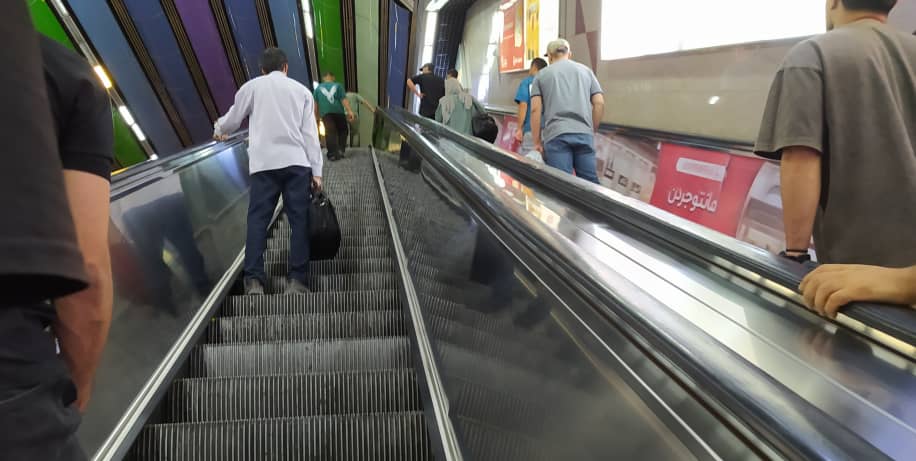
Of course, the night before, some areas in a city near Tehran had been targeted by Israel. It was also announced that an attack would be carried out near a village in northern Iran on the morning of the eighth day. However, the air defenses in Tehran spent the seventh day doing little. Perhaps there was another reason.
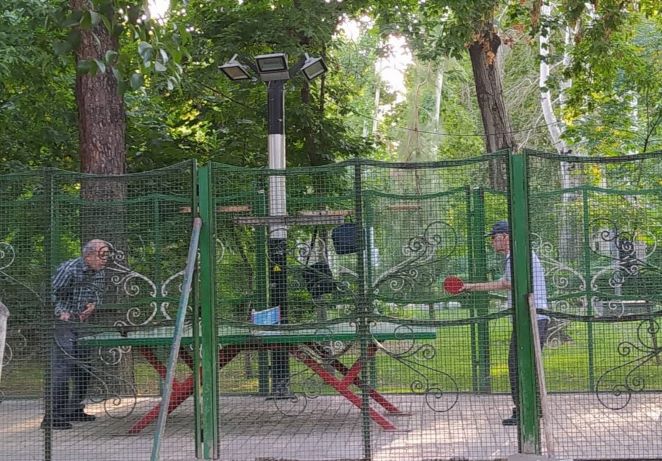
The internet has not been international in Iran for the past 48 hours. It only works for Iranian sites and applications. The government announced that the numerous drones that were used to attack Iranian infrastructure in the past days were guided via the internet with SIM cards. So, with the internet cut off, these drones are useless. In the past days, many of the air defense shots were to counter these drones.
The news on the seventh day of the war was influenced by the forthcoming Friday’s talks between Iran and the European troika, in consultation with the United States. Another important piece of news was the message from the Iraqi Shiite leader.
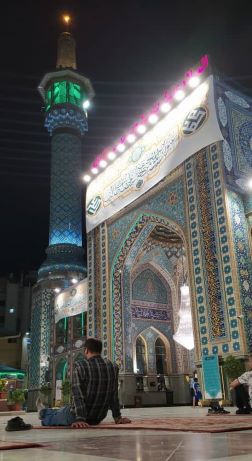
The previous day, US President Donald Trump, in a strange (diplomatically) speech, raised the possibility of assassinating the Iranian leader. This was echoed by the Israeli defense minister.
Following these remarks, the Iraqi Shiite leader warned that continued Israeli aggression against Iran and the assassination of the Iranian leader would create a fire that would plunge the region into chaos.
The Iraqi Shiite leader was born in Iran, but has been living in Iraq for decades. He never interferes or speaks out on issues related to Iran. Only when the top Iranian general (Soleimani) decided to defeat Daesh in Iraq did he support his action by issuing a religious declaration. In the end, the Iranian general defeated Daesh, but President Trump (in his previous term) ordered the assassination of the Iranian general. He was killed at the airport in Baghdad, the capital of Iraq. Everyone I spoke to in Tehran on Thursday asked two questions. One was how long this situation would last and what would happen in the end? The second was whether the talks on Friday




